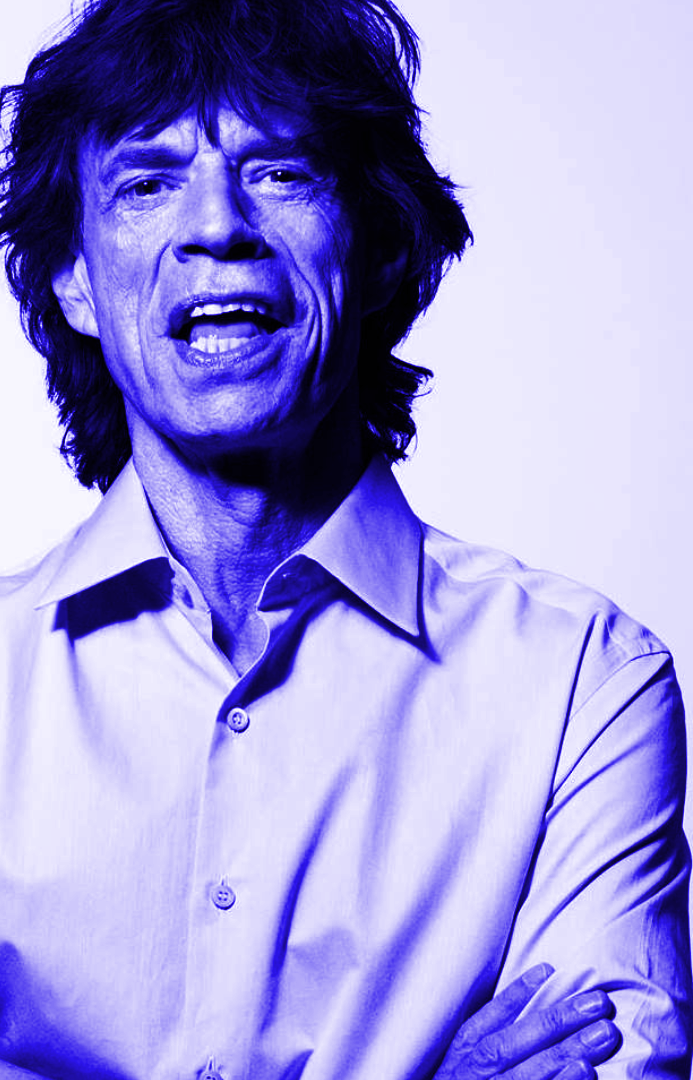Jury convicts Harvey Weinstein of top charge in the retrial of his landmark #MeToo sex crimes case
NEW YORK (AP) — Former movie mogul Harvey Weinstein was convicted Wednesday of one of the top charges in his sex crimes retrial but acquitted of another, and jurors were as yet unable to reach a verdict on a third charge.
The split verdict meted out a measure of vindication to his accusers and prosecutors — but also to Weinstein — after the landmark case was thrown into limbo.
The partial verdict came after an extraordinary day in which the jury foreperson expressed dismay to the judge about how deliberations were going and Weinstein himself urged the judge to halt the trial, declaring: “It’s just not fair.”
“My life is on the line, and you know what? It’s not fair,” the former Hollywood heavy-hitter declared after making an unusual request to address the court. “It’s time, it’s time, it’s time, it’s time to say this trial is over.”
He spoke before learning there was a verdict on any of the charges.
Weinstein’s initial conviction five years ago seemed to cement the downfall of one of Hollywood’s most powerful men in a pivotal moment for the #MeToo movement. But that conviction was overturned last year, and the case was sent back for retrial in the same Manhattan courthouse.
This time, a majority-female jury convicted the former studio boss of forcibly subjecting one woman, Miriam Haley, to a criminal sex act in 2006.
But jurors acquitted Weinstein of another criminal sex act charge. It related to Kaja Sokola, whose allegations of forcible oral sex date to 2006 but were added to the case last year.
And jurors were to continue deliberating Thursday on a charge that he raped another woman, Jessica Mann, in 2013. Under New York law, the third-degree rape charge carries a lesser penalty than the first-degree criminal sex act offense.
Weinstein, 73, denies sexually assaulting or raping anyone.
Jury deliberations had teetered Wednesday.
The foreperson — who complained Monday that other jurors were pushing people to change their minds and talking about information beyond the charges — signaled to Judge Curtis Farber that he wanted to talk.
“He said words to the effect of ‘I can’t go back in there with the other jurors,’” Farber explained later. The discussion was closed to the press and public, but Farber later said the foreperson had expressed that he didn’t want to change his position — whatever it may be — and was being bullied.
“He did indicate that at least one other juror made comments to the effect of ‘I’ll meet you outside one day,’ and there’s yelling and screaming,” the judge said.
Weinstein lawyer Arthur Aidala characterized the foreperson’s concerns more severely, saying that the man had said he was concerned for his safety after his fellow panelist talked about meeting him outside and added, “you don’t know me.”
“I don’t think the court is protecting this juror. Period,” Aidala said, going on to ask for a mistrial.
Prosecutor Matthew Colangelo, however, said the foreperson hadn’t seemed afraid or apprehensive, just “stubborn.”
“He said he’d made up his mind, he didn’t want to change it, and people were pressuring him to change it. That’s what jury deliberations involve,” the prosecutor said.
The episode was the latest sign of strain among the jurors. On Friday, one of them asked to be excused because he felt another member of the group was being treated unfairly.
Weinstein’s lawyers asked unsuccessfully for a mistrial then, and again after the foreperson expressed his concerns Monday. The jury kept deliberating and went through Tuesday without sending any more messages about interpersonal tensions.
The seven female and five male jurors started their fifth day of deliberations Wednesday by re-hearing Mann’s testimony that he raped her in a Manhattan hotel room in 2013. The group wrapped up Tuesday’s deliberations by asking to revisit that testimony.
Some jurors appeared to take fresh notes Wednesday, while others sat impassively as court stenographers read aloud the requested parts of Mann’s days-long testimony. The jury had already reheard some of the passages last week.
Weinstein, 73, an Oscar-winning producer and former Hollywood powerbroker maintains that he never sexually assaulted or raped anyone, and his lawyers portrayed his accusers as opportunists who accepted his advances because they wanted a leg up in the entertainment world.
The Associated Press generally does not identify people who say they have been sexually assaulted unless they agree to be named. Haley, Mann and Sokola have done so.
Click Here for the Full Article
Author: By JENNIFER PELTZ and MICHAEL R. SISAK Associated Press







